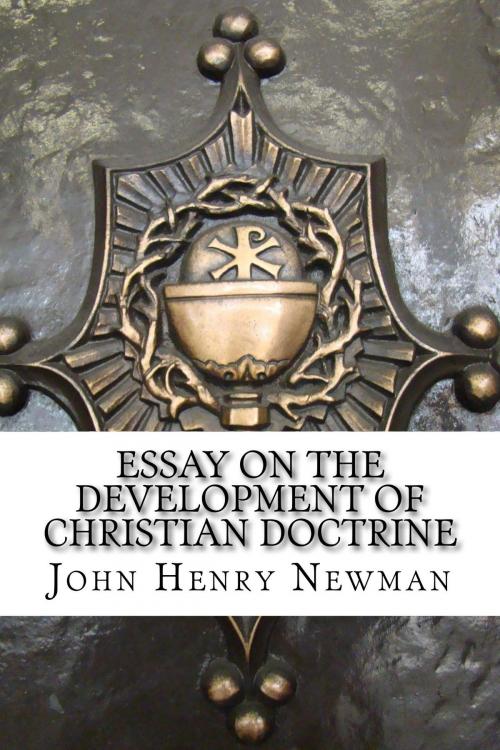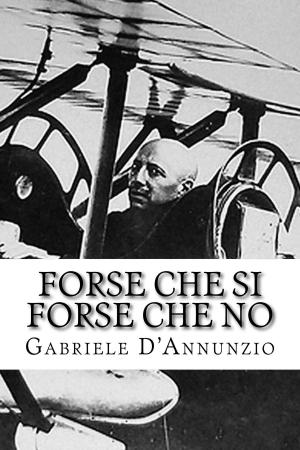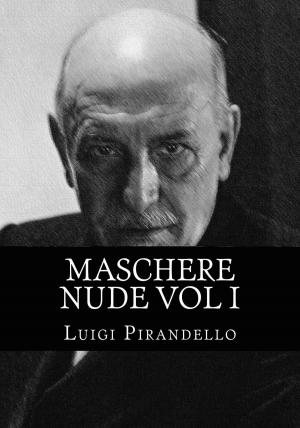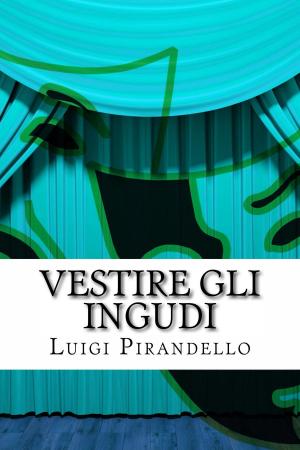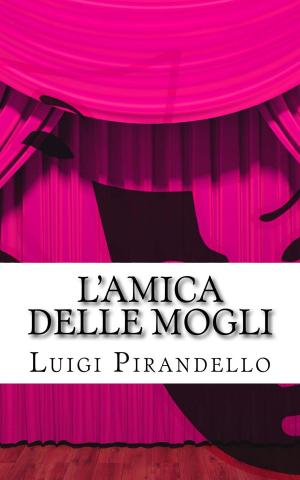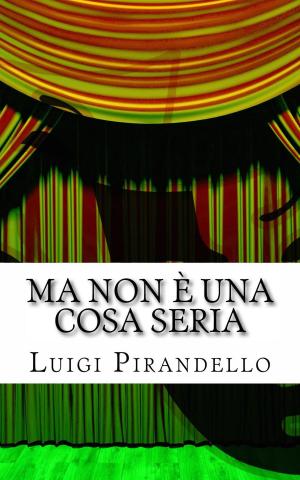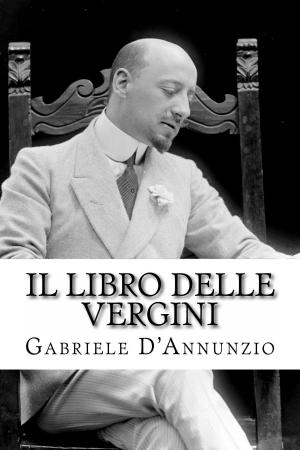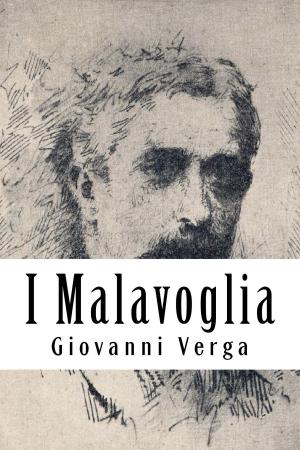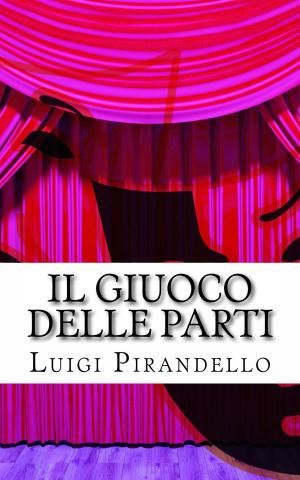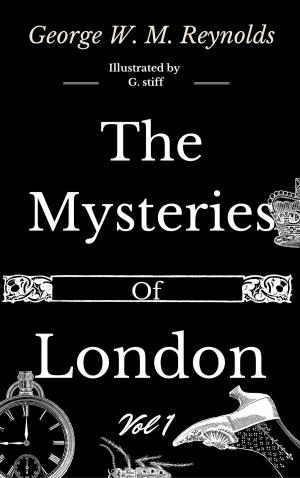Essay on the Development of Christian Doctrine
Nonfiction, Religion & Spirituality, Christianity, Christian Science, Church, Christian Life| Author: | John Henry Newman | ISBN: | 1230001011180 |
| Publisher: | Mauro Liistro Editore | Publication: | March 28, 2016 |
| Imprint: | Language: | English |
| Author: | John Henry Newman |
| ISBN: | 1230001011180 |
| Publisher: | Mauro Liistro Editore |
| Publication: | March 28, 2016 |
| Imprint: | |
| Language: | English |
The following pages were not in the first instance written to prove the divinity of the Catholic Religion, though ultimately they furnish a positive argument in its behalf, but to explain certain difficulties in its history, felt before now by the author himself, and commonly insisted on by Protestants in controversy, as serving to blunt the force of its primâ facie and general claims on our recognition.
However beautiful and promising that Religion is in theory, its history, we are told, is its best refutation; the inconsistencies, found age after age in its teaching, being as patent as the simultaneous contrarieties of religious opinion manifest in the High, Low, and Broad branches of the Church of England.
In reply to this specious objection, it is maintained in this Essay that, granting that some large variations of teaching in its long course of 1800 years exist, nevertheless, these, on examination, will be found to arise from the nature of the case, and to proceed on a law, and with a harmony and a definite drift, and with an analogy to Scripture revelations, which, instead of telling to their disadvantage, actually constitute an argument in their favour, as witnessing to a superintending Providence and a great Design in the mode and in the circumstances of their occurrence.
Perhaps his confidence in the truth and availableness of this view has sometimes led the author to be careless and over-liberal in his concessions to Protestants of historical fact.
If this be so anywhere, he begs the reader in such cases to understand him as speaking hypothetically, and in the sense of an argumentum ad hominem and à fortiori. Nor is such hypothetical reasoning out of place in a publication which is addressed, not to theologians, but to those who as yet are not even Catholics, and who, as they read history, would scoff at any defence of Catholic doctrine which did not go the length of covering admissions in matters of fact as broad as those which are here ventured on.
In this new Edition of the Essay various important alterations have been made in the arrangement of its separate parts, and some, not indeed in its matter, but in its text.
February 2, 1878.
The following pages were not in the first instance written to prove the divinity of the Catholic Religion, though ultimately they furnish a positive argument in its behalf, but to explain certain difficulties in its history, felt before now by the author himself, and commonly insisted on by Protestants in controversy, as serving to blunt the force of its primâ facie and general claims on our recognition.
However beautiful and promising that Religion is in theory, its history, we are told, is its best refutation; the inconsistencies, found age after age in its teaching, being as patent as the simultaneous contrarieties of religious opinion manifest in the High, Low, and Broad branches of the Church of England.
In reply to this specious objection, it is maintained in this Essay that, granting that some large variations of teaching in its long course of 1800 years exist, nevertheless, these, on examination, will be found to arise from the nature of the case, and to proceed on a law, and with a harmony and a definite drift, and with an analogy to Scripture revelations, which, instead of telling to their disadvantage, actually constitute an argument in their favour, as witnessing to a superintending Providence and a great Design in the mode and in the circumstances of their occurrence.
Perhaps his confidence in the truth and availableness of this view has sometimes led the author to be careless and over-liberal in his concessions to Protestants of historical fact.
If this be so anywhere, he begs the reader in such cases to understand him as speaking hypothetically, and in the sense of an argumentum ad hominem and à fortiori. Nor is such hypothetical reasoning out of place in a publication which is addressed, not to theologians, but to those who as yet are not even Catholics, and who, as they read history, would scoff at any defence of Catholic doctrine which did not go the length of covering admissions in matters of fact as broad as those which are here ventured on.
In this new Edition of the Essay various important alterations have been made in the arrangement of its separate parts, and some, not indeed in its matter, but in its text.
February 2, 1878.
